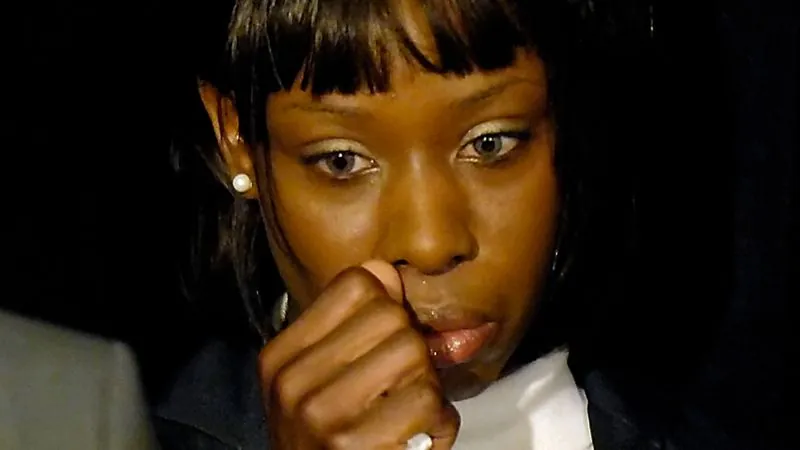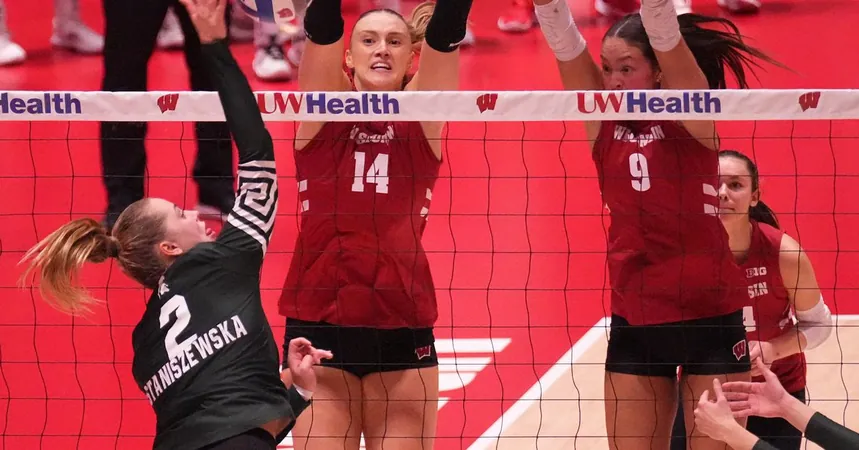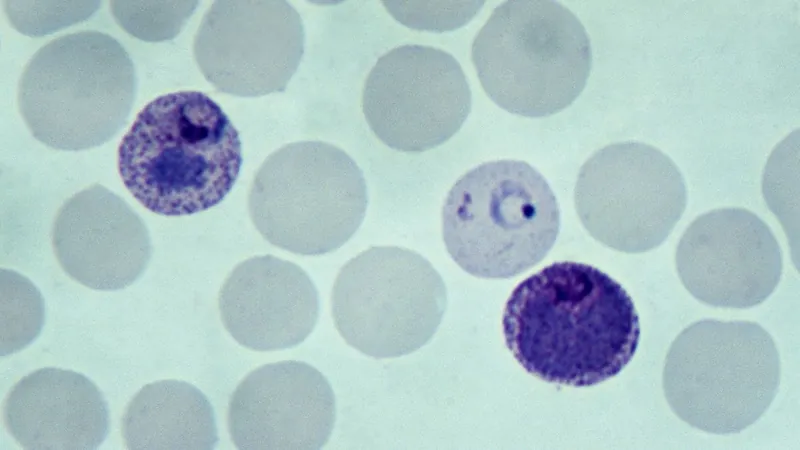
Shocking Confession: Crystal Mangum Recants Duke Lacrosse Rape Allegations
2024-12-14
Author: Jia
Introduction
In a stunning turn of events more than 18 years after accusing three former Duke University lacrosse players of rape, Crystal Mangum has confessed to fabricating her story. In a revealing interview on the web show "Let’s Talk with Kat," hosted by Katerena DePasquale, Mangum issued an apology to the men and reflected on her faith, which she said helped her confront her past. Currently, she is serving a sentence for a second-degree murder conviction related to a separate case involving her boyfriend.
Background of the Case
The disturbing Duke lacrosse scandal erupted in March 2006 when Mangum claimed that she was raped by David Evans, Collin Finnerty, and Reade Seligmann during a party where she was working as an exotic dancer. In her testimony, she painted a harrowing picture of the events that unfolded behind closed doors, which ignited a media frenzy and propelled the three players into the spotlight, facing severe public scrutiny as they were labeled privileged white men accused by a black woman.
Mangum's Confession
"I testified falsely against them by saying that they raped me when they didn’t, and that was wrong," Mangum confessed. "I made up a story that wasn’t true because I wanted validation from people and not from God." Her comments underscore the complexity and tragic consequences of her false allegations not only for the accused but for broader societal perceptions of sexual assault.
A Timeline of a Scandal that Shook a Nation
- **March 13, 2006**: Mangum is hired to perform at a party hosted by the Duke men's lacrosse team. She alleges rape occurred early on March 14. - **March 28, 2006**: Following her allegations, Duke's President Richard Brodhead suspends the lacrosse team's activities, a decision that draws widespread criticism. - **April to June 2006**: Despite DNA tests failing to link any of the accused players, the case continues under the leadership of prosecutor Mike Nifong. Charges are elevated against the players based largely on Mangum's claims. - **April 11, 2007**: After an exhaustive investigation, the North Carolina Attorney General declares that there is insufficient evidence to proceed with the charges, ultimately declaring the players innocent. - **June 2007**: Nifong faces disciplinary action for his handling of the case, losing his law license and the players reach a confidential settlement with Duke.
The Aftermath
Mangum's current situation is a stark reminder of the devastating impact of unfounded allegations, which can tarnish lives and erode public trust in genuine victims of sexual assault. Advocates caution that false reports can discourage actual victims from coming forward, replicating the cycles of silence around sexual violence. Jennifer Simmons Kaleba, vice president of RAINN, emphasizes that only a small percentage of sexual assault allegations are proven false, with many victims fearing disbelief.
Reflection and Redemption
Now reflecting on her incarceration and missteps, Mangum expressed sorrow for the damage her actions caused. “I hurt my brothers, and I hope they can forgive me,” she said. She describes her time in prison as one of personal growth, seeking redemption and understanding that real validation comes from faith rather than outside approval.
Conclusion
As this revelation unfolds, the implications for the justice system and the wider community—especially regarding the treatment of sexual assault claims—remain at the forefront of public discussion. The real danger lies not just in individual hurt, but in the broader societal doubts that false allegations can sow against victims who bravely come forward to tell their stories.




 Brasil (PT)
Brasil (PT)
 Canada (EN)
Canada (EN)
 Chile (ES)
Chile (ES)
 España (ES)
España (ES)
 France (FR)
France (FR)
 Hong Kong (EN)
Hong Kong (EN)
 Italia (IT)
Italia (IT)
 日本 (JA)
日本 (JA)
 Magyarország (HU)
Magyarország (HU)
 Norge (NO)
Norge (NO)
 Polska (PL)
Polska (PL)
 Schweiz (DE)
Schweiz (DE)
 Singapore (EN)
Singapore (EN)
 Sverige (SV)
Sverige (SV)
 Suomi (FI)
Suomi (FI)
 Türkiye (TR)
Türkiye (TR)